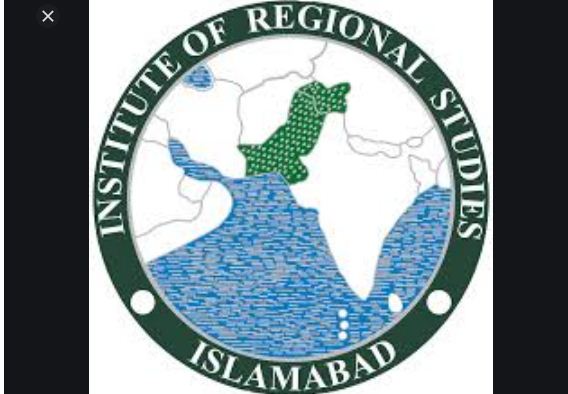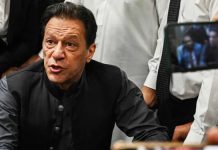ISLAMABAD, JAN 26 (DNA) – Speakers of a panel discussion organized by the Institute of Regional Studies (IRS) here on Tuesday urged a consistent policy approach towards Kashmir by Pakistan. Speaking at the event titled ‘India under Modi’, former diplomat Amb Aziz Ahmed Khan called for a consistency of Pakistani stance on Kashmir in line with the UN Security Council resolutions.
Amb Khan was of the view that despite aggressive regional posturing by India and illegal draconian actions against the people of the India-Occupied Jammu and Kashmir (IOJK), Pakistan needed to stick to putting diplomatic pressure on the Indian government to resolve the dispute in accordance with the UN Security Council resolutions. He further called for engaging Pakistani and Kashmiri diaspora abroad and a diplomatic push on the Western capitals.
President IRS Amb Nadeem Riyaz added that Pakistan needed not only to engage governments and diaspora but also the parliaments and think-tanks of Western countries. Speaking on India under Modi, Amb Khan was of the view that while former Indian prime minister Atal Bihari Vajpayee represented the softer version of Hindutva, Prime Minister Narendra Modi was implementing the hardline version of it. He shared that Modi had never even expressed regret over the massacre of Muslims in Gujarat while he was the chief minister of the state, let alone apologize for it.
Further alluding towards the hardline Hindutva ideology of the current Prime Minister of India, Amb Khan shared that while Modi proudly adorned headgears of various kinds in public, he was never seen wearing a Muslim skullcap, which spoke of his prejudice towards the Muslims.
Amb Khan further stated that while the Modi-led ruling BJP was benefitting from the weaknesses of Congress as the only other national-level political party, the farmers’ protest could force it to withdraw the three controversial farm laws. He expressed his concern over the ongoing delimitation exercise in India-Occupied Jammu and Kashmir (IOJK).
He was of the view that it was aimed at creating seven new constituencies in Jammu to offset the majority of Muslim constituencies in the state assembly of IOJK.
Dr Zafar Nawaz Jaspal of the Quaid-i-Azam University (QAU) expressed his concerns over the aggressive regional policy of India under Modi. He was of the view that the Indian regional policy formulation was inspired by the mandalas concept enunciated by the Indian political philosopher Chanakya by virtue of which a neighboring country had to remain an unfriendly country by definition.
He also expressed his concern over the transformation of Indian nuclear posture towards Pakistan from deterrence to what he called ‘compellence’. Jaspal was of the view that India was now strongly allied with the US and was, thus, no longer a non-aligned country.
Dr Raja Qaiser Ahmed of QAU that the revocation of Article 370 of the Indian Constitution was completely unconstitutional. He shared that any change to the article had to be endorsed by the incumbent government of the state of IOJK as per the Indian Constitution. He added, however, that for repeal of the article, the Constitution prescribed its approval by the Constituent Assembly, which no longer existed.
Therefore, he argued that Article 370 could not be constitutionally abrogated. He added that the Modi government had hatched a plan to endorse the abrogation through the Assembly of IOJK once it is elected after the demographic change in the state with migration of a large number of Hindus.
This, he maintained, would provide constitutional cover to the unconstitutional move of the BJP government and until then the Supreme Court of India would keep dragging its feet on the petitions for reversing the revocation of the article.=DNA
============

















